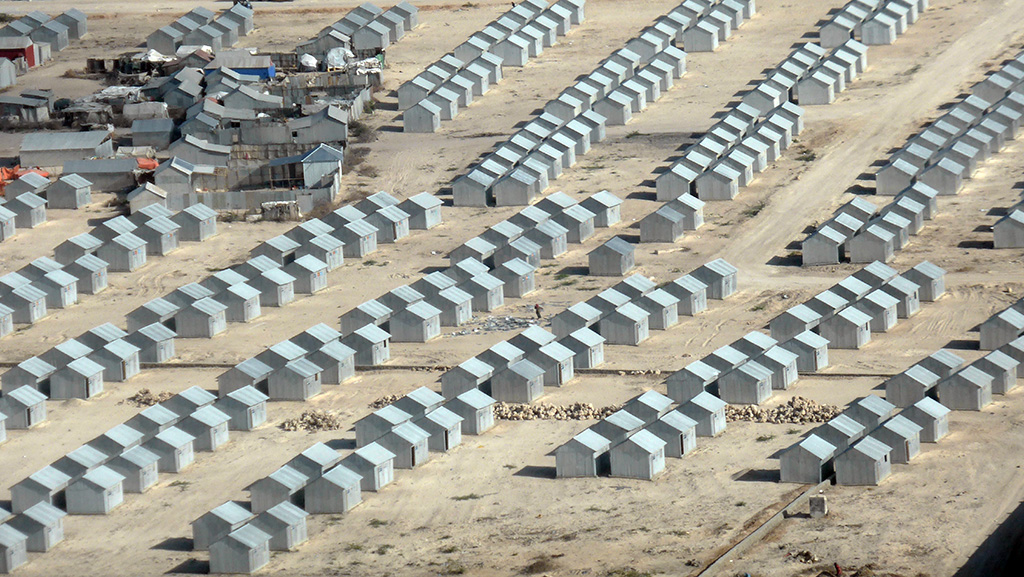Blog
Long form
Case: Building the national payroll system in Somalia
From cash in envelopes to automated bank payments. This is a story of how a national payroll system in was built over a few months.
How the government payroll in Somalia was established so extraordinarily quickly
It is a little known success of Somalia. That is, except for the thousands of public sector workers who now receive their salaries on a regular basis.
Few thought it possible. To turn around the public financial management practises so quickly. To provide a boost to the public administration and institutional capacity amidst the very poor […]
Smarter procurement policy in developing countries
Three ways to do procurement policy differently:
Drowning in data, but still, most procurement policy is not formulated based upon quantitative analysis. This is especially true in developing countries. What can be learned from digging into the data treasure throw and how can this lead to better policy?
Here is one idea: Information about the size and frequency of contracts could inform decisions of threshold levels, design of procedures and risk management strategies.
Procurement is an area dominated by legal and engineering professions, compliance requirements, and there is little quantitative analytical basis
Purchase-to-pay […]
How to analyze the public finance value chain?
When analyzing complicated systems, like the public financial management system of a country, it is helpful to break the subject matter into smaller pieces. These subsets can be analyzed and handled one at a time. You can eat an elephant, but only one piece at a time.
At the same time, it is important to understand how the parts connect and form a larger whole. It is also important to be able to communicate how it all relates to decision makers and stakeholders.
For this purpose the time-tested technique of identifying […]
Why audits fail to find fraud and corruption in foreign aid
Financial audits are not designed to identify fraud in environments with high levels of corruption
Ever so often there are dramatic press articles about fraud in development aid. Official development assistance is value based and a sensitive topic. Stories of fraud, corruption and mismanagement is a sure recipe to ignite media attention that plays into the emotions.
Donor agencies does their best to counteract. Press releases from the Department for International Development (DFID), or from their colleagues in other donor countries, makes a good effort in rationalizing that there is value […]
How to do financial monitoring of development aid
We suggest three archetypical models for financial monitoring of aid in developing countries. The models are focused on:
(i) Control, (ii) Coordination, and, (iii) Change.
Foreign aid programs can run into billions of dollars and are implemented in some of the world’s most difficult places amidst armed conflicts and catastrophes. This is high risk. Monitoring can reduce those risks if implemented correctly.
Providing development aid comes with high risks. Traditionally the focus has been on the chances that the program may not meet its objectives; i.e the program may not be effective, […]
5 ways to better problem solving in the world’s most difficult places
How do you solve problems in conflict and post-conflict countries? The nature and context of problems encountered in post-conflict countries often distract from applying proven methods.
In addition, narratives surrounding the world’s most difficult places often hide complexities and nuances, which prove crucial when attempting to change or reforms institutions. But the basics, approaches adopted in stable environments, remain: analytical rigor and a solution-oriented spirit.
Moving beyond preconceived ideas and generic labels, here are a Top 5 of particularities that problem-solvers are faced with in conflict and post-conflict contexts.
Five issues that […]
Ghost workers: Who are they and how to deal with them
Ghost workers can tap valuable resources. Here is a discussion on how to identify the three different types and how to address the problem.
This is about the phenomenon of ghost workers.
Don’t blame the ghosts; they may be 100% innocent, and they’re certainly not the ones getting rich.
Popularised and often misunderstood. Its a problem for private business, and especially for government payrolls and public financial management (PFM) in fragile and conflict affected states.
This article discusses different categories of ghost workers and how to approach the problem.
By Ian Hawley
Exhibit […]
How to solve the global de-risking problem for remittances
Yet again, we see a scramble to find stop-gap measures to address what remains a structural problem; the lack of robust financial sectors in the many poor countries.
In this note we discuss the underlying causes for the remittances problem and propose structural and sustainable solutions, and how to prioritise and sequence them.
For such complex problems, it can be helpful to apply a framework from the strategy practices, which may help decision makers more clearly prioritise and sequence initiatives. The challenge is enormous, but the work has to start sooner […]








